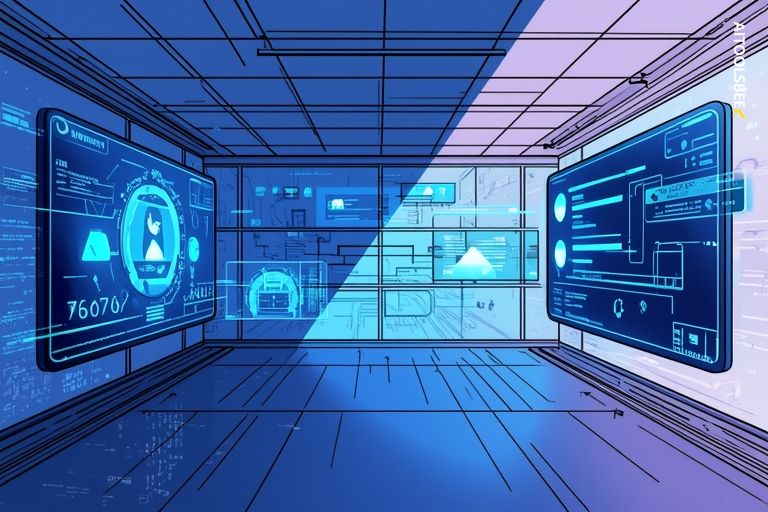
OpenAI Launches ChatGPT Feature for Secure Company Data Access
OpenAI has introduced a new feature called Company Knowledge to its ChatGPT platform, aiming to revolutionize business interactions with internal data. This enhancement allows ChatGPT to connect with workplace tools like Google Drive, Slack, and GitHub, enabling users to query company-specific information directly within the chat interface. The feature is designed to provide context-aware answers with citations, utilizing files, messages, and code repositories accessible to the user.
The rollout is focused on ChatGPT's Business, Enterprise, and Education plans, positioning it as a competitive tool against Microsoft's Copilot and Google's Gemini. By integrating with existing permissions, ChatGPT ensures access only to data the user is authorized to view, addressing data privacy concerns in corporate settings. This development comes as enterprises increasingly seek AI solutions for securely handling proprietary information without training models on sensitive data.
Industry experts note that Company Knowledge builds on OpenAI's efforts to make AI more practical for professional use. VentureBeat reports that the feature includes robust security measures like encryption, single sign-on support, and role-based access controls, appealing to compliance-heavy sectors. This is particularly significant for industries where audit trails and regulatory adherence are critical.
The update leverages a specialized version of GPT-5 to intelligently synthesize connected data, allowing users to ask complex questions and receive responses with direct citations. This reduces the friction of app-switching and could streamline workflows in fields from software development to marketing.
The timing of this launch is noteworthy, arriving months after similar offerings from Microsoft and Google. OpenAI's approach of no default training on company data differentiates it from competitors, easing fears of intellectual property leakage. Enterprise admins gain tools like IP allowlisting and full conversation logging via the Enterprise Compliance API, supporting standards such as SOC 2 and ISO 27001.
This feature also expands on Shared Projects, now available to all ChatGPT users for collaborative editing of chats and files. It makes searching workspace information more intuitive, potentially boosting team efficiency. However, challenges like accurate data connections and AI reliance for critical decisions remain.
In the broader context of AI tools for business, Company Knowledge signals OpenAI's push to capture more of the enterprise market, where data silos often hinder productivity. ChatGPT can now act as a custom analyst for internal queries, potentially accelerating adoption in sectors like finance and healthcare.
Yet, potential pitfalls such as integration complexities with legacy systems or biases in AI interpretations of company data need attention. OpenAI's help center emphasizes admin controls to mitigate these issues, ensuring the tool evolves with user feedback. As businesses integrate AI more deeply, features like this may redefine knowledge management, fostering a more agile and informed workforce.
Looking forward, the implications extend to how companies structure their AI strategies. By enabling real-time collaboration and data-driven insights, Company Knowledge could reduce time spent on mundane searches, allowing employees to focus on higher-value tasks. This update underscores the need for industry leaders to evaluate AI tools not just for capabilities but for alignment with security and governance needs. As OpenAI continues to iterate, this feature may set new benchmarks, influencing competitors and enterprise AI adoption strategies.

